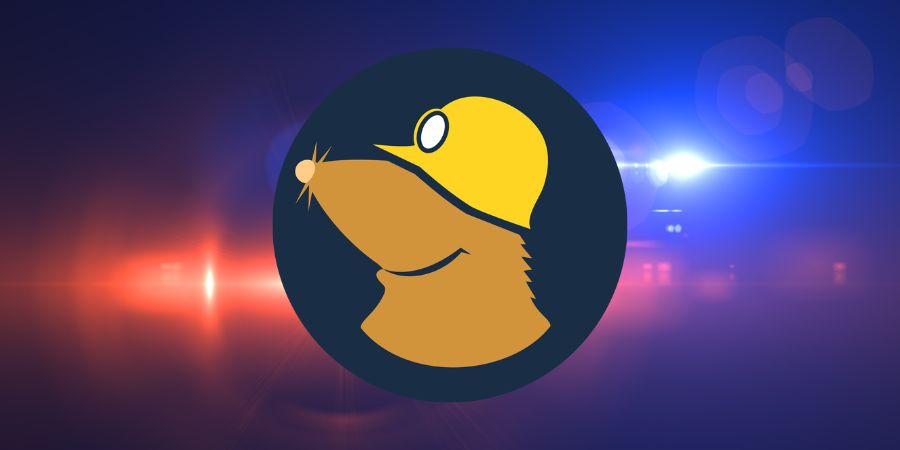
Starting with version 2025.2, Mullvad has made its Android app fully reproducible, allowing anyone to independently verify that the distributed APKs match the publicly available source code, down to the last bit.
This milestone adds a crucial layer of transparency that goes beyond the traditional open-source model.
The Swedish privacy-focused VPN provider, widely regarded for its commitment to user anonymity and technical transparency, has integrated reproducible builds into its Android app’s development pipeline. This ensures that every official release can be independently rebuilt and checked for integrity using the exact same codebase and toolchain.
The implementation leverages a dedicated build container to standardize compilation across systems, eliminating common sources of variability like timestamps, file paths, and compiler version discrepancies. According to Mullvad’s documentation, reproducibility is maintained by aligning all build inputs — right down to Go versions and Android SDK/NDK toolchains — within a fixed Docker environment.
Why this matters
While open-source software enables anyone to inspect the code, it doesn't prove that the binaries users download were actually built from that code. Without reproducible builds, there’s a trust gap: users must take the developer’s word that the published APK is unmodified and untampered. Reproducible builds close this gap by allowing independent parties to recreate the binaries and verify that the checksums match. If they do, it's proof that the app was built from the declared source, and no hidden modifications were introduced during compilation or distribution.
This kind of assurance is rare even in the open-source ecosystem. Many projects don’t implement reproducible builds due to the significant engineering challenges involved. Reproducibility requires stripping out all non-deterministic elements from the build process — such as variable file paths, timestamps, locale settings, and even system-specific quirks. In practice, achieving this consistency demands a tightly controlled build environment and strict dependency management. For many teams, especially smaller ones or those without extensive CI/CD infrastructure, it’s a complex and ongoing effort.
Mullvad's success here is notable not only because of the technical difficulty but because of the security implications. Reproducible builds drastically reduce the attack surface for supply chain compromise — an increasingly common vector in software-targeted attacks. It becomes far harder for malicious actors to insert backdoors or inject malware into binaries without detection.
To facilitate community auditing, Mullvad provides step-by-step verification instructions. These include building the app both inside and outside the Docker container and comparing checksums of the resulting APKs. If discrepancies arise, users can identify whether they stem from environmental differences or potential issues in the code or tooling.







Protection Regulation (GDPR) allows users from the EU to manage any data related to them. This app provides email templates
I have no idea what the title caption means nor the significance, lol.
The EU General Data Protection Regulation (GDPR) allows users from the EU to manage any data related to them. This app provides email templates to reach out to the developer. The developer has to answer within one month.